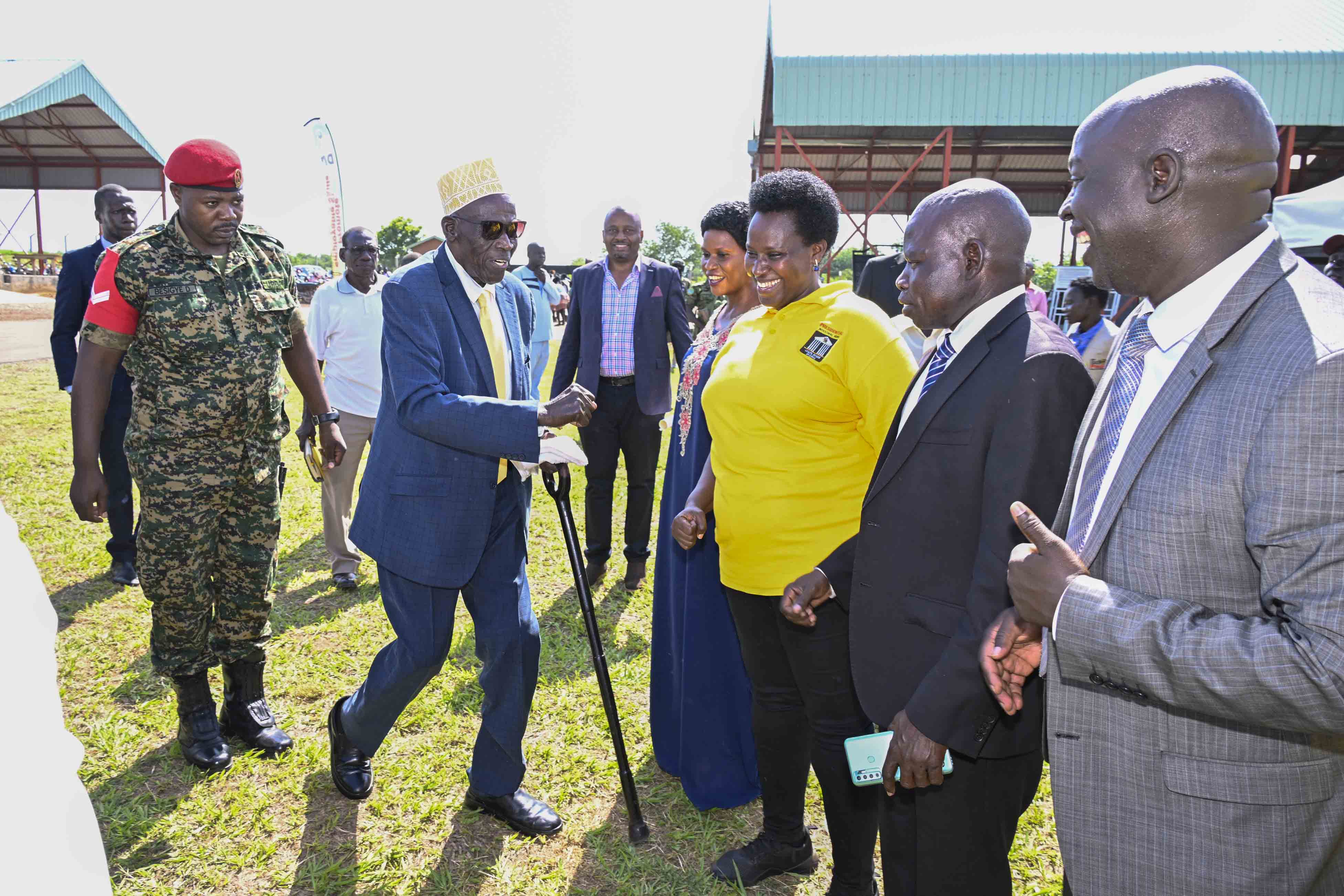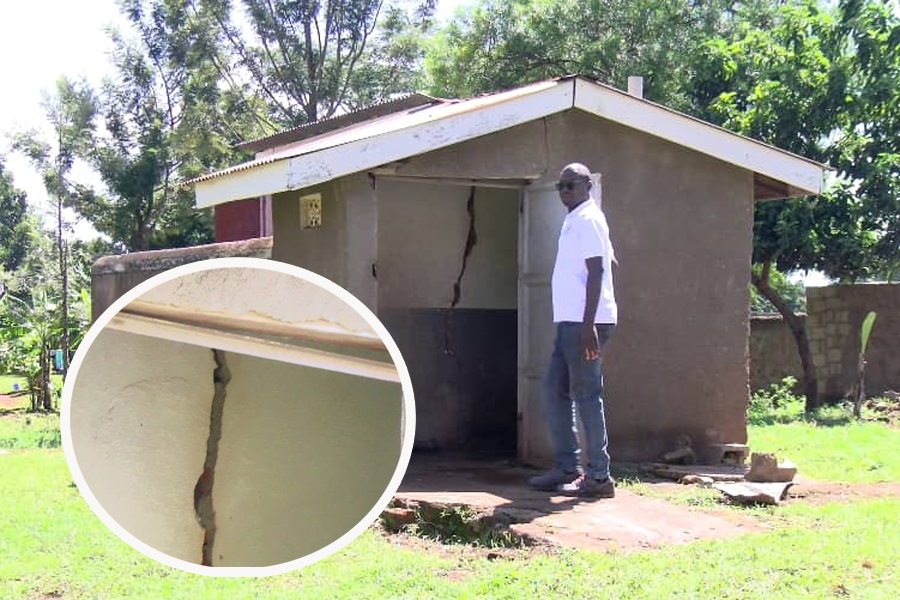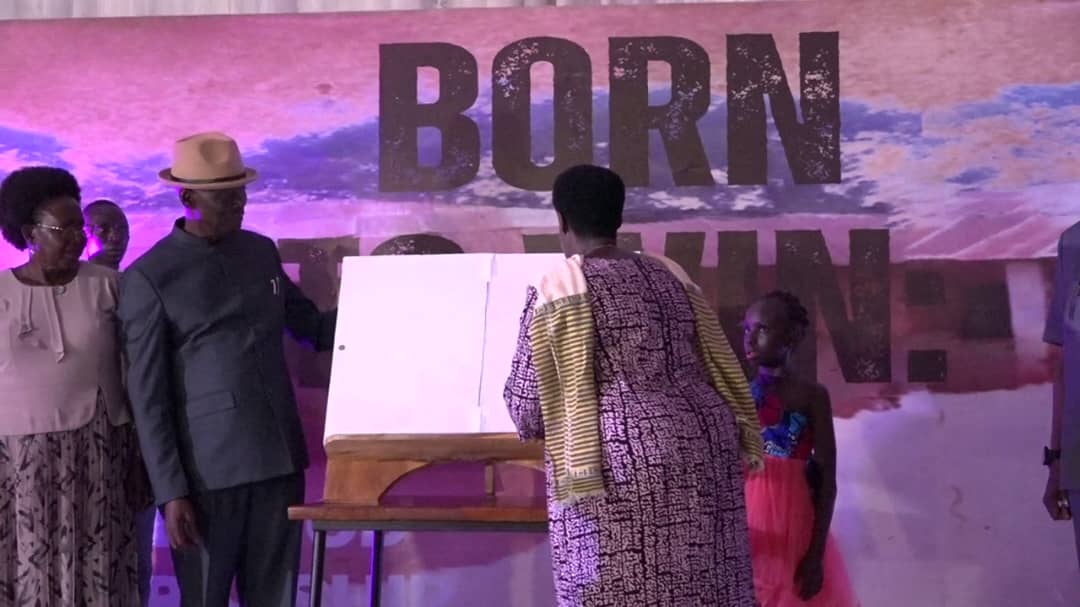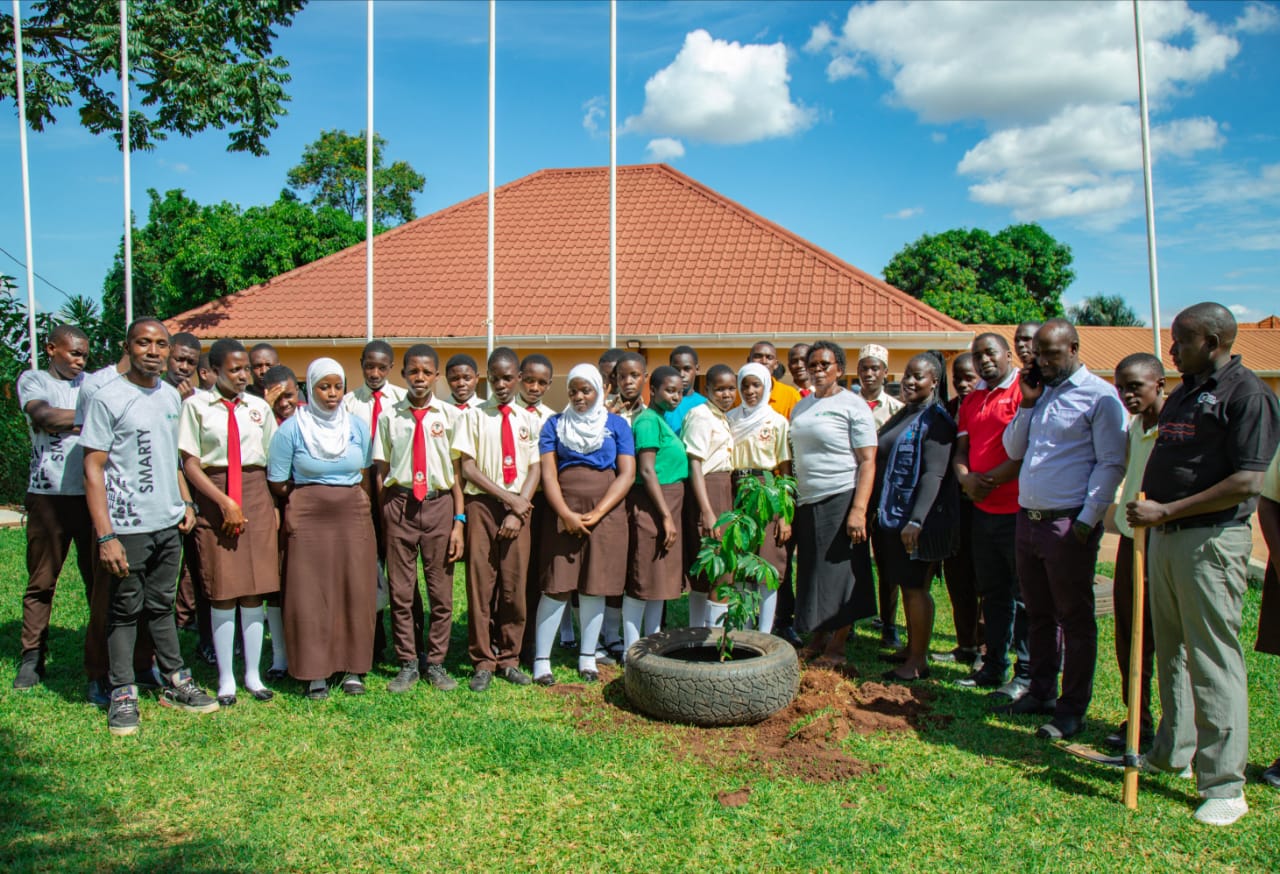Gender ministry opens up on missing Shs 11b, Women Entrepreneurship fund
The Ministry of Gender, Labour and Social Development has filed a reply to parliament in regards to the alleged missing funds meant for Uganda Women Entrepreneurship Programme (UWEP).
This follows an interface between ministry officials and members of parliament sitting on the Parliamentary Public Accounts Committee (PAC) last week, where officials from the ministry were asked to account for the missing UWEP funds in vain.
Keep Reading
Questions specifically arose on the existence of alleged ghost groups under Youth Livelihood Programme (YLP) and the alleged missing Shs11 billion under the Uganda Women Entrepreneurship Programme (UWEP).
The Ministry was directed to submit documents to Parliament explaining the specific queries.
Documents submitted to Parliament by the ministry indicate the funds under both the Youth and Women Programmes are safe and being spent in the best interest of the intended beneficiaries.
On the alleged Shs11 billion of UWEP, documents have been submitted showing that the money was spent on acquiring capital assets to enable the smooth implementation of the Programme. During the year under question (2016/2017 Financial Year), the Programme had just been initiated and there was need put in place structures, systems and tools to avoid maladministration.
In the same year, the Programme which initially covered only 20 Local Governments including Kampala Capital City Authority (KCCA), rolled out to cover all districts and Municipalities.
“Some of the areas where the Ministry applied part of the funds included (procurement of) motorcycles for all focal point persons in the funds’ beneficiary Districts, computers and office stationery,” Pius Bigirimana, the ministry permanent secretary said.
He also expounded that the Programme procured motor vehicles to enable monitoring and supervision in all the regions across the Country.
He said the fleet of motorcycles were handed over to the district and municipality officials by President Yoweri Museveni during the International Women’s Day celebrations held in Dokolo town council in March 2017.
Bigirimana further explained that because of the budget shortfalls brought about by the release inadequacies by the Ministry of Finance, part of the money went into the institutional support component, which money is divided among the districts and ministry for activities involved in its implementation. Some of these activities include identification and vetting of women groups/members to benefit from the fund at sub county level.
Once the group members have been vetted by the local authorities to be true citizens and residents of the area among other parameters, the files go through a rigorous vetting process that involves a total of four (4) committees at the Sub County and district.
The Sub county Technical Planning Committee (STPC), which encompasses technocrats, sits and vets the beneficiary files and thereafter submits those that they feel fit the requirements to the Sub county Executive Committee (SEC), which is comprised of the political arm at that level.
The files are then submitted to the district where the District Technical Planning Committee (DTPC) and the District Executive Committee (DEC) further scrutinize the same files for requirements.
“It’s only after these four committees (at Sub county and District) have sat and vetted the files that they are sent to the Ministry for funding. This was done to build ownership of projects but also to ensure that money is sent to the rightful people,” he said.
A source inside the ministry affirmed sub county and district processes are funded directly from the funds that the ministry of finance releases to the Gender Ministry for the Programme. “It therefore creates extensive problems when funds are not released according to budgets.”
“This explains why any shortfall has a direct implication on the Programme implementation. It curtails planned activities including actual disbursements to groups, generation of files and monitoring and supervision from Sub county to Ministry level.”
Bigirimana revealed that the Programme had budgeted for Shs.43 billion in the 2016/2017 Financial Year but the Ministry of Finance released only Shs.24,339,347,328 creating a shortfall of 43%.
“With the shortfall, the Ministry had the ultimate duty to strike a balance between expenditure in terms of actual funds’ releases to the implementing Districts and institutional support expenditure. This is the reason why, notwithstanding that there was a shortfall of 43%, the Ministry’s funding coverage to the implementing Districts fell short, only by 40%,” Bigirimana explained.
“Despite the overwhelming demand from women, UWEP has continued to operate under immense funding shortfalls. This does not only limit the number of women groups funded but also makes the implementation of other activities a challenge.”
6,788 women groups have received funding to a tune of Shs 37.8 billion. Of this amount, Shs 5.2 billion is due for recovery and already Shs 4 billion has been recovered representing a 75.9% recovery rate.
This has exhibited the women’s potential to properly utilize the funds and also grow their businesses.
Women have been able to access credit to establish their businesses at zero interest. In addition, the Programme has provided an opportunity to women to start and grow their enterprises and provide self-employment opportunities. Women have also been able to receive training in business management. The Programme has provided a platform to inspire and support women business ideas. Besides, the group approach has given women an opportunity to improve knowledge and skill through mentoring each other.
Some groups have broken gender barriers by venturing into enterprises hitherto perceived to be a preserve of men. For Example, Epikosi Ikliok Women Group in Katakwi has ventured into metal fabrication and welding and is transferring these skills to other members of the community.















